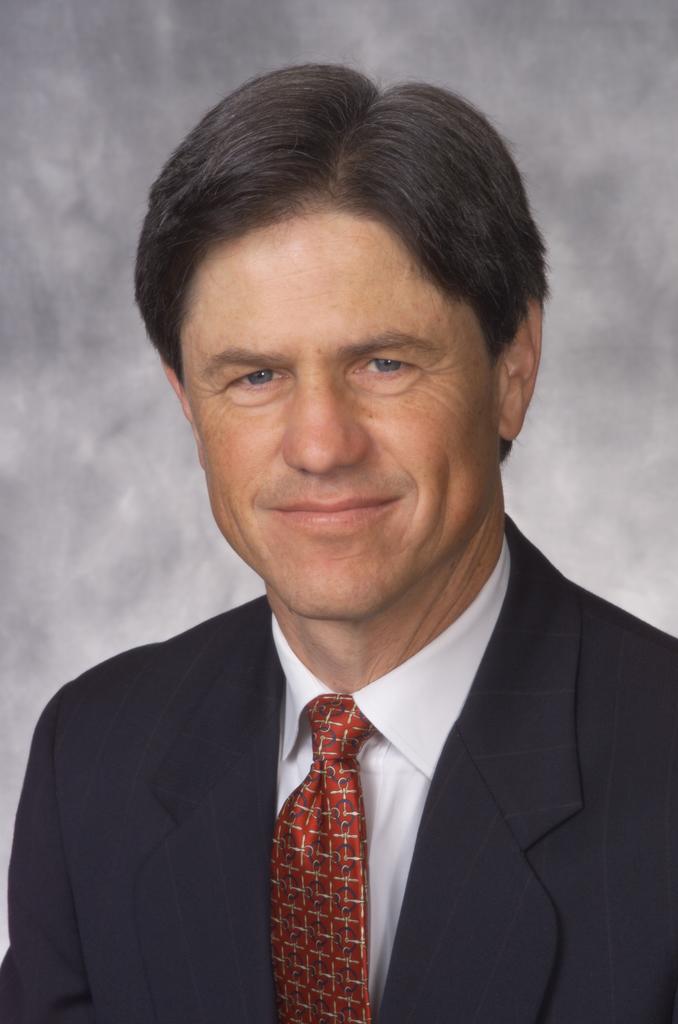Charter Review Members:
With the Thursday "brainstorming" session quickly approaching I thought I'd take one last stab at creating a "hot" list of issue I believe the Charter Review Commission should address. Commissioner Haughton and others have merged several issues that are inter-related into a package that would be reviewed, researched and then reported back to the committee of the whole and I think that is a good format for some of the issues - others I believe can be addressed and voted directly from the committee of the whole. Here we go.......
(1) Should the Sheriff be elected or appointed?This is one of those question that simply needs to be voted on by the committee of the whole. I think everyone will agree that this issue needs to go to the voters for their decision and the committee of the whole should simply pass this out immediately. This issue should be moved on to legal counsel for a draft of the wording for committee of the whole approval to then move on to the prosecuting attorney for final ballot language and then back to the committee of the whole for final approval and placed on the list of issue to be presented to the voters in November.
Each of the following committees should release issues from their committees as they get flushed out through and then presented to the committee of the whole for approval and movement to legal for a draft of the statement that would then return to the committee of the whole for approval before going to the prosecuting attorney's office for final ballot title creation. This "flow" of issues to the prosecutors office will eliminate a flood at the last minute and will allow the committee of the whole to review each issue as it rises to the top of the "to do" list.
(2) Election Issues Committee - The following issues should be assigned to a committee for their review, research and report issuance back to the committee of the whole. If approved by the committee of the whole, each individual issue would move through the chain to finally get added to the list which will ultimately be presented to the voters in November. Those issues are:
(a) Should we remove or extend term limits from all elected officials?
(b) Should we remove or extend term limits from all Boards and Commissions?
(c) Should we separate the Treasurer from the Assessor and make them both independent elected positions?
(d) Should we change some of the appointed positions to elected positions? (Coroner?) (Planning Director?)
(e) Should we change any of the elected position to appointed positions? If so which?
(f) Should we make all elected officials non-partisan positions because of the new primary format? (See Note #1)
(g) Should we move all County elections to the odd years?
(h) Should we institute "Instant Runoff Voting" for all County elections?
(i) Should a new "resign to run" policy be implemented and applied to all elected County officials?
(3) Executive Committee - There are a couple of issues that fall under the purview of the Executive that need to be addressed:
(a) Should the Executive be granted the "line item veto"?
(b) Should the County institute a "bi-annual" budget process like the State?
(4) Legislative Committee - There are a few issue that focus on the County Council that need to be addressed:
(a) Should the number of County Council seats be changed to 5 or 9 or left at 7?
(b) Should there be better access to County Government by:
(1) enhancing access to all County Records through the internet
(2) posting County Council activities in there entirety on the internet
(3) making available all County Council resolutions and ordinances prior to passage on the internet
(4) requiring public broadcast (TVW style) of all County Council and sub-committee meeting in their entirety
(5) All County records should be archived as required by state law eliminating the random destruction of records.
(5) Government Accountability Committee - Should a new "Civil Grand Jury" be appointed annually to perform the function of County government oversight to include:
(a) Incorporate the "Audit Review Committee" functions to complete administrative oversight of selected departments.
(b) Incorporate the "Ethics Committee" to accept, review and resolve complaints against public officials.
(c) Incorporate the "Ombudsman's position" to accept, review and resolve all complaints from the public re: government.
(d) Give the Civil Grand Jury the authority to call for a Criminal Grand Jury when their investigation warrants.
(6) Special Issues Committee - This is where all other issues would be addressed, including:
(a) Do we want to eliminate Section 5.3 which restricts the initiative process?
(b) The "recall process" in the Charter is very weak. With non-partisan and maybe more elected officials do we need an enhancement?
(c) Should violations of the "code of ethics" (section 9.40) be grounds for "recall" under section 5.80?
I think this sheet addresses all issues that have been heard by the Charter Review Commission to date but if other issues need to be added or new issues appear during the following months they would be assigned to a subcommittee by the committee of the whole for evaluation and recommendation.
(Note #1 - Section 3.20 requires the Executive be "nominated" by the voters and Section 2.15 states that the Council members shall be nominated and elected by the voters of each district. Neither of these can occur under the current primary system because not all voters will be allowed to "nominate" all elected officials based on the current primary process. This issues needs to be addressed by the Charter Review Committee in order to bring the Charter in conformance with current state law.)
If you have any questions I'd be happy to address each and any issue - just give me a call.
Randy Boss
(253) 858-5100

